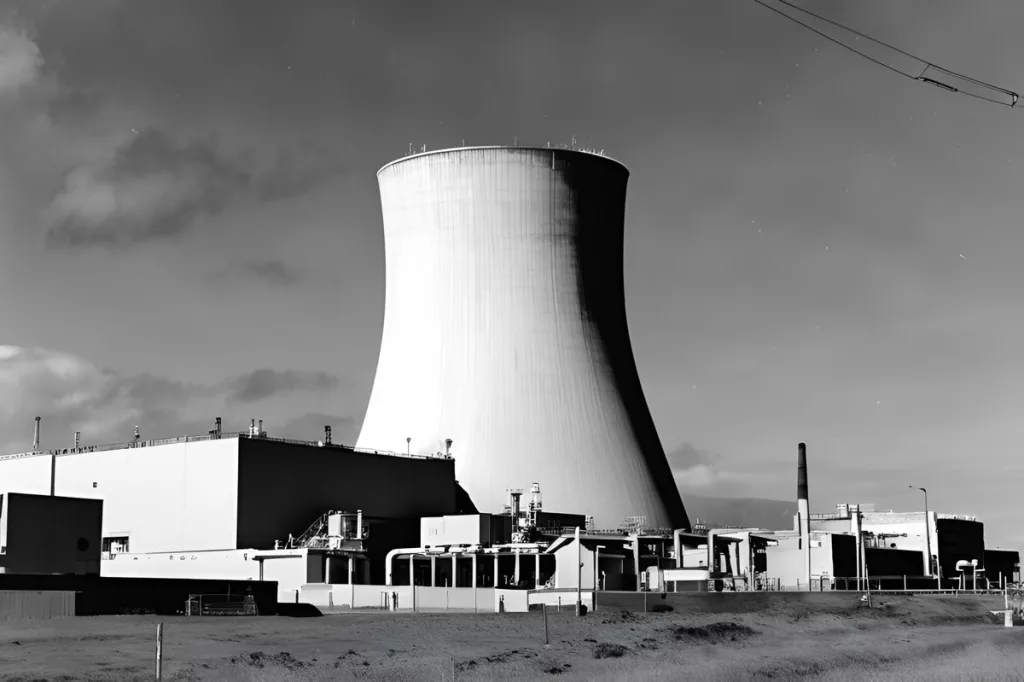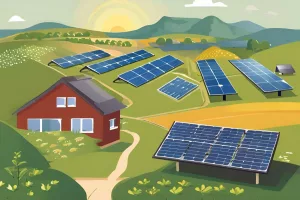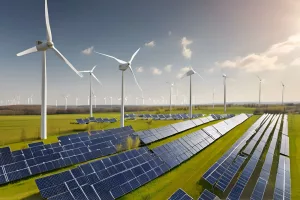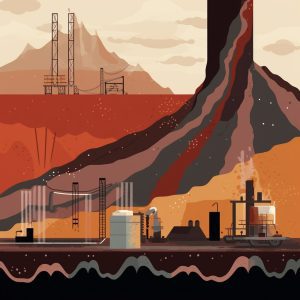South Africa’s commitment to nuclear energy is evident in its Koeberg Extension Project. The project aims to extend the life of the Koeberg nuclear power station by 20 years, ensuring the country’s energy future. Koeberg provides 5% of Eskom’s power generation and is a crucial element in South Africa’s energy ecosystem. The project highlights the country’s technical expertise and dedication to developing domestic talent.
Cape Town is faced with the decision of whether to extend the Koeberg nuclear power plant’s operation for another 20 years. The city is seeking more time to weigh the potential impact on urban planning and preparedness for nuclear mishaps. Koeberg is the only nuclear power station in Africa, and concerns range from its emergency response plan to legal ramifications. The decision will have significant national and global implications, and the debate on Koeberg’s future extends beyond a citycentric issue.
South Africa is making significant progress in its energy transition, with a focus on addressing issues such as climate change, energy security, and energy poverty. The Integrated Resource Plan (IRP) outlines a diverse energy portfolio aimed at catering to the country’s escalating power demands while drastically cutting down carbon emissions. South Africa is making efforts to overcome obstacles, such as limited grid capacity, the inconsistent nature of renewable energy, and outdated infrastructure. The ultimate goal is to ensure that “we leave no one behind,” and South Africa’s experience can serve as an example for other African nations.
South Africa is working hard to secure its energy future by upgrading and diversifying its infrastructure. This includes tapping into renewable resources, nurturing innovation, and building collaborations to stimulate economic growth and provide affordable energy. Recent advancements include bringing inactive units online, implementing the Standard Offer Programme, and investing in renewable energy and battery storage systems. The government is also planning to procure an additional 2,500 MW of new nuclear capacity and create an Independent Transmission Project Office to attract investment in transmission infrastructure. The focus is on empowering citizens and ensuring equitable access to energy.
Dr. Nobuhle Nkabane, the Honourable Deputy Minister of Mineral Resources and Energy, recently delivered the 2023/24 Budget Vote speech, outlining the key goals and initiatives for South Africa’s mining and energy industries. ### Transformation, Empowerment, and Sustainable Growth





